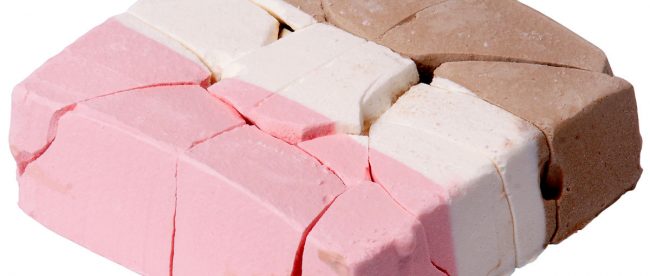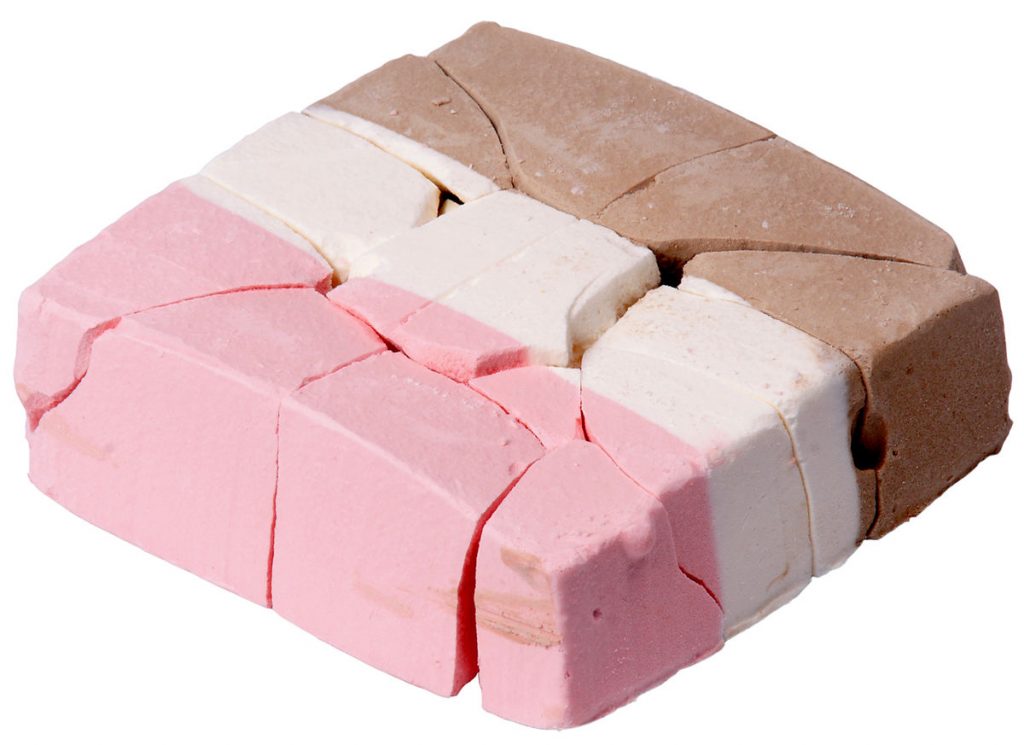The Weekender, August 10, 2018

1) “When a Stranger Decides to Destroy Your Life ” (Gizmodo, 10 minutes, July 2018).
Monika Glennon has lived in Huntsville, Alabama, for the last 12 years. Other than a strong Polish accent, she fits a certain stereotype of the All-American life. She’s blonde. Her husband is a veteran Marine. Her two children, a boy and a girl, joined the military as adults. She sells houses—she’s a real estate agent at Re/Max—helping others realize their own American dream.
But in September 2015, she was suddenly plunged into an American nightmare. She got a call at 6 a.m. one morning from a colleague at Re/Max telling her something terrible had been posted about her on the Re/Max Facebook page. Glennon thought at first she meant that a client had left her a bad review, but it turned out to be much worse than that.
It was a link to a story about Glennon on She’s A Homewrecker, a site that exists for the sole purpose of shaming the alleged “other woman.”
[ . . . ]
Glennon was horrified. The story was completely fabricated and she had no idea why someone would have written it. Someone on Facebook named Ryan Baxter had posted it to the Re/Max page; Baxter also went through Glennon’s Facebook friend list and sent it to her husband, family members, and many of her professional contacts.
[ . . . ]
Eventually, after $100,000 in attorney’s bills, Glennon was able to unmask the culprit. It turned out to be a complete stranger who had been offended by a comment Glennon had made about a news article on Facebook.
2) “The Aborted Launch and Meteoric Rise of Astronaut Ice Cream” (Narratively, 6 minutes, August 2014). A brief history of Astronaut Ice Cream? That seems like an auto-click to me.

3) “The inside story of the soccer ball that survived the Challenger explosion” (ESPN, 13 minutes, June 2018). The subhead: “In 1986, the space shuttle Challenger stunned the nation when it broke apart 73 seconds into flight. This is the story of the soccer ball that survived — and the family that sent it into space, twice.”
4) The Now I Know Week in Review:
Monday: Who You Gonna Call? Not This Ghostbuster. The sad tale of Winston Zeddemore. Or maybe Zeddmore. There’s actually some debate as to how the character’s last name is spelled. I probably should have used that as the bonus fact, now that I think about it.
Tuesday: How the Past on TV Moves Faster, but Only So Slightly. Seinfeld, only shorter.
Wednesday: The Blood*, Sweat, and Tears of English Rugby Players. I screwed up a lot of the rugby rules here. It doesn’t really have an impact on the story (and I probably shouldn’t be giving myself a crash course in rugby late at night) but I corrected the aside on the archived version, linked, in case you want to give it a read.
Thursday: Thomas Jefferson’s Silent Armies. How to use money to make a point. Politically. Not in that way. You’ll see.
WeekenderAdUnits
5) “The Ultra-Pure, Super-Secret Sand That Makes Your Phone Possible ” (Wired, 22 minutes, August 2018).
FRESH FROM CHURCH on a cool, overcast Sunday morning in Spruce Pine, North Carolina, Alex Glover slides onto the plastic bench of a McDonald’s booth. He rummages through his knapsack, then pulls out a plastic sandwich bag full of white powder. “I hope we don’t get arrested,” he says. “Someone might get the wrong idea.”
Glover is a recently retired geologist who has spent decades hunting for valuable minerals in the hillsides and hollows of the Appalachian Mountains that surround this tiny town. He is a small, rounded man with little oval glasses, a neat white mustache, and matching hair clamped under a Jeep baseball cap. He speaks with a medium‑strength drawl that emphasizes the first syllable and stretches some vowels, such that we’re drinking CAWWfee as he explains why this remote area is so tremendously important to the rest of the world.
Spruce Pine is not a wealthy place. Its downtown consists of a somnambulant train station across the street from a couple of blocks of two‑story brick buildings, including a long‑closed movie theater and several empty storefronts.
The wooded mountains surrounding it, though, are rich in all kinds of desirable rocks, some valued for their industrial uses, some for their pure prettiness. But it’s the mineral in Glover’s bag—snowy white grains, soft as powdered sugar—that is by far the most important these days. It’s quartz, but not just any quartz. Spruce Pine, it turns out, is the source of the purest natural quartz—a species of pristine sand—ever found on Earth. This ultra‑elite deposit of silicon dioxide particles plays a key role in manufacturing the silicon used to make computer chips. In fact, there’s an excellent chance the chip that makes your laptop or cell phone work was made using sand from this obscure Appalachian backwater. “It’s a billion‑dollar industry here,” Glover says with a hooting laugh. “Can’t tell by driving through here. You’d never know it.”
6) “I Took a $25 Nap” (Racked, 6 minutes, July 2018). A review of a mattress company’s parlor where they sell 45 minutes of nap time for twenty-five bucks. We live in interesting times.
Have a great weekend!
